Agencies
and Resources
Access various trusted sources
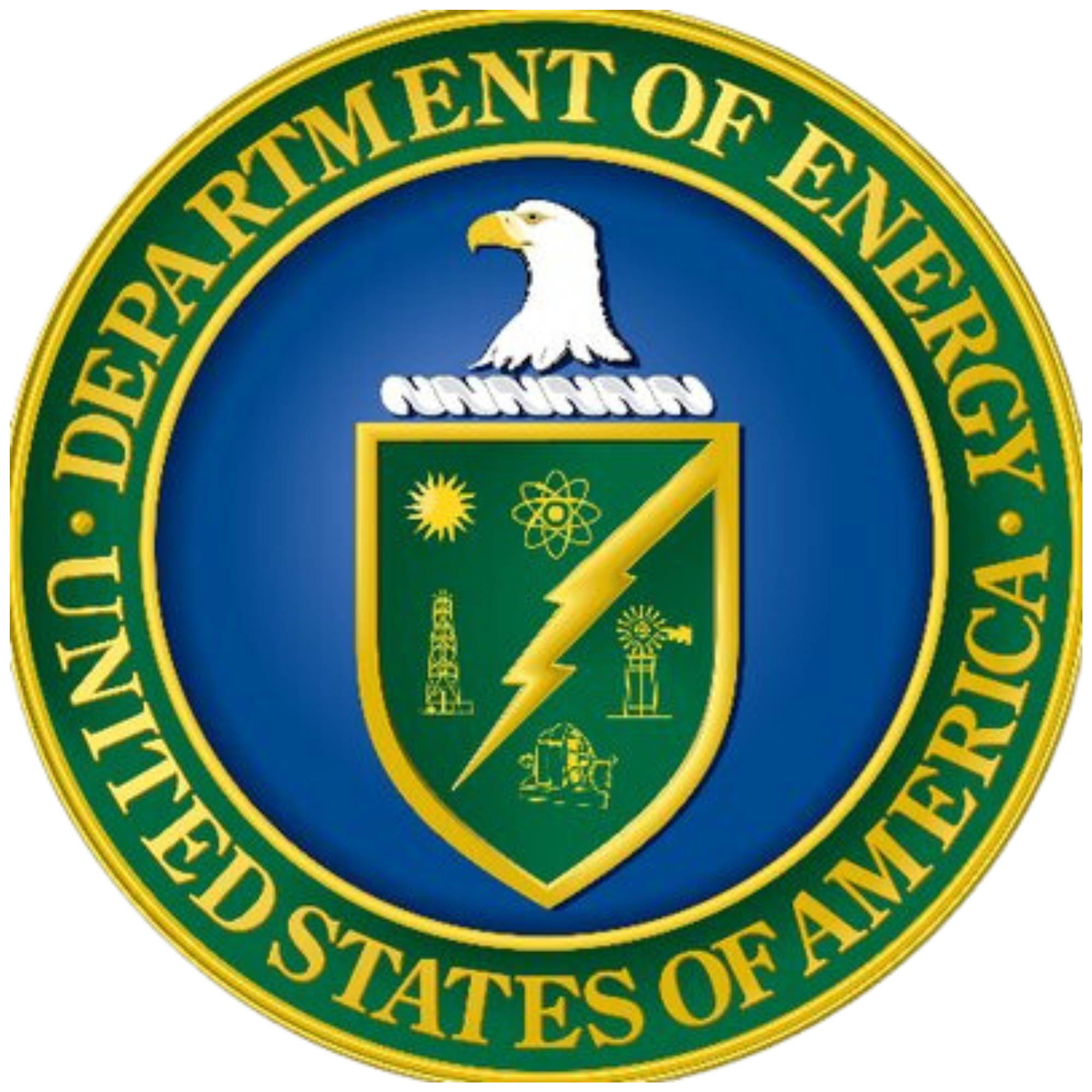
Department of Energy
The mission of the Energy Department is to ensure America’s security and prosperity by addressing its energy, environmental and nuclear challenges through transformative science and technology solutions.
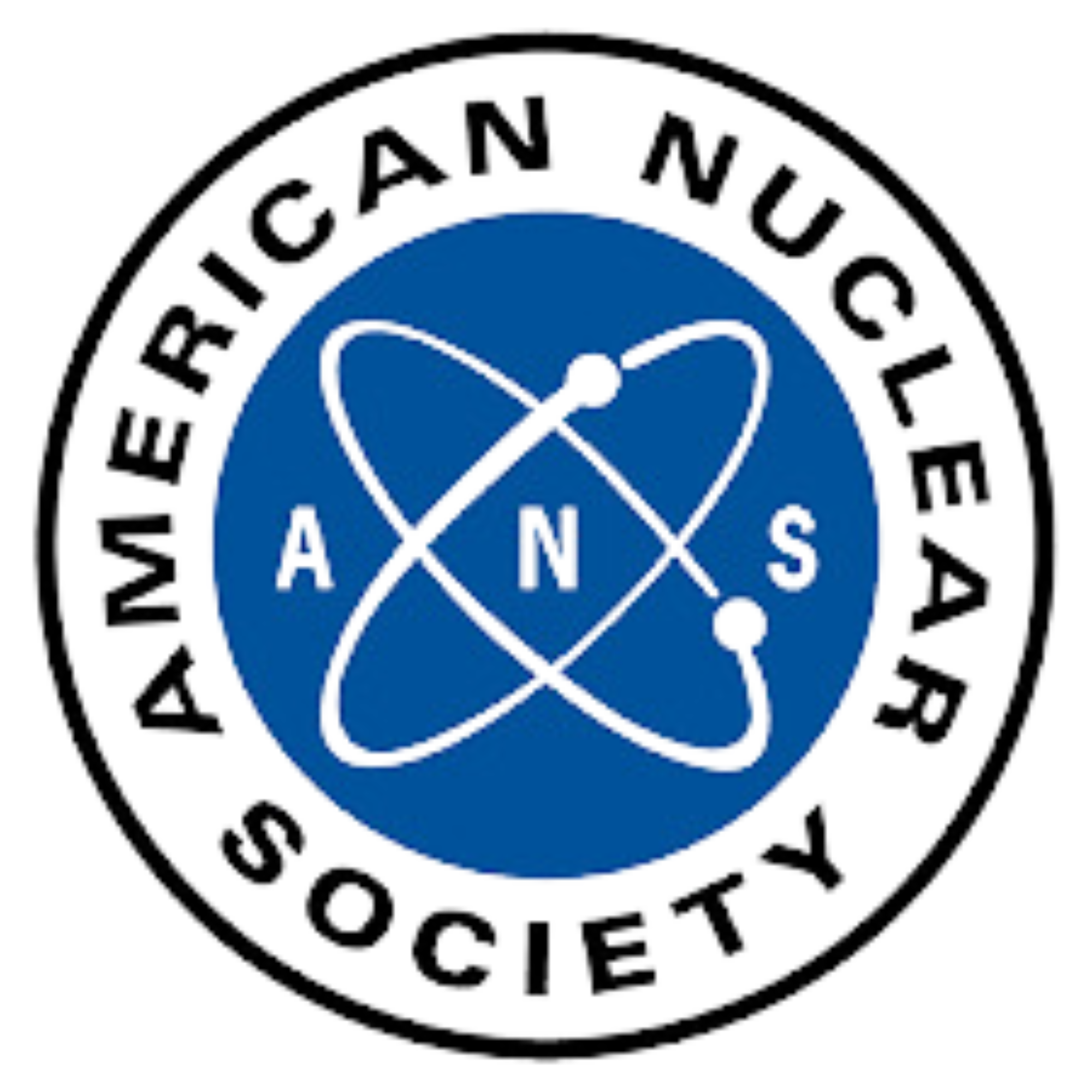
American Nuclear Society
To empower a strong, connected, and engaged professional community that cultivates nuclear science and technology for the benefit of humanity.
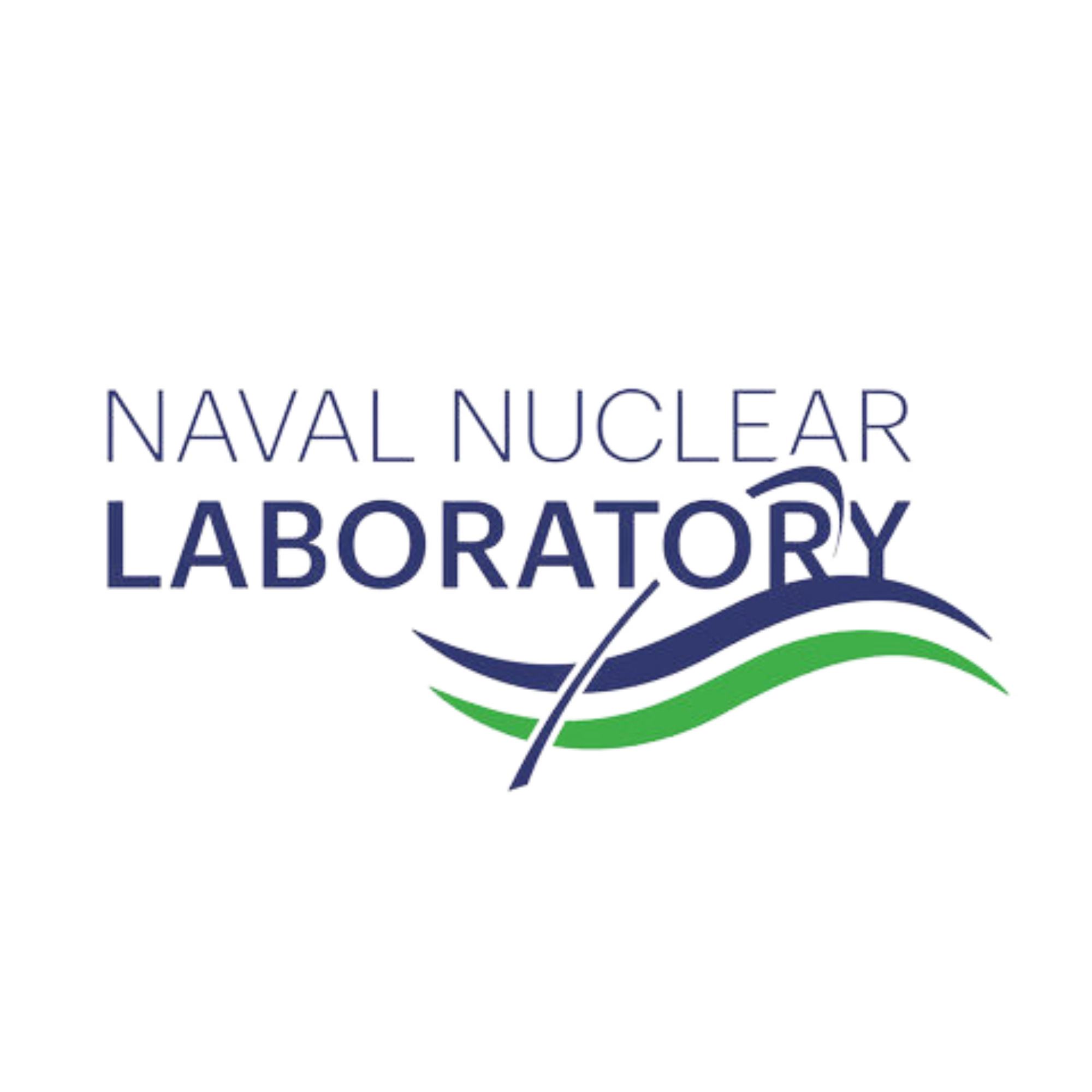
National Nuclear Laboratories
The Naval Nuclear Lab consists of personnel at the Bettis and Knolls Atomic Power Laboratories, Kenneth A. Kesselring Site, Naval Reactors Facility, and NPTU Charleston Facility and has been supporting the Nation since 1946.
With nearly 8,000 employees in Pennsylvania, New York, South Carolina, and Idaho, and a presence at many shipyards & vendor locations globally, we develop advanced technology for the United States Naval Nuclear Propulsion Program. Ensuring the safety and reliability of naval nuclear reactors, we also train Sailors who operate reactors in submarines and aircraft carrier fleets.
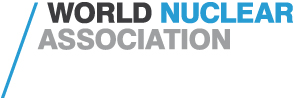
World Nuclear Association
The World Nuclear Association (WNA) is a global organization that promotes the peaceful worldwide use of nuclear power as a sustainable energy resource. It serves as a forum for industry leaders, supporting companies in the nuclear energy sector through advocacy, research, and development of best practices.
The WNA works towards enhancing the safety, environmental performance, and economic competitiveness of nuclear energy. It plays a key role in providing factual, comprehensive information about nuclear energy, addressing topics such as nuclear energy's role in meeting climate change goals and energy needs. Additionally, the WNA fosters international collaboration and knowledge-sharing among industry stakeholders, governments, and the public to advance nuclear technology and applications.
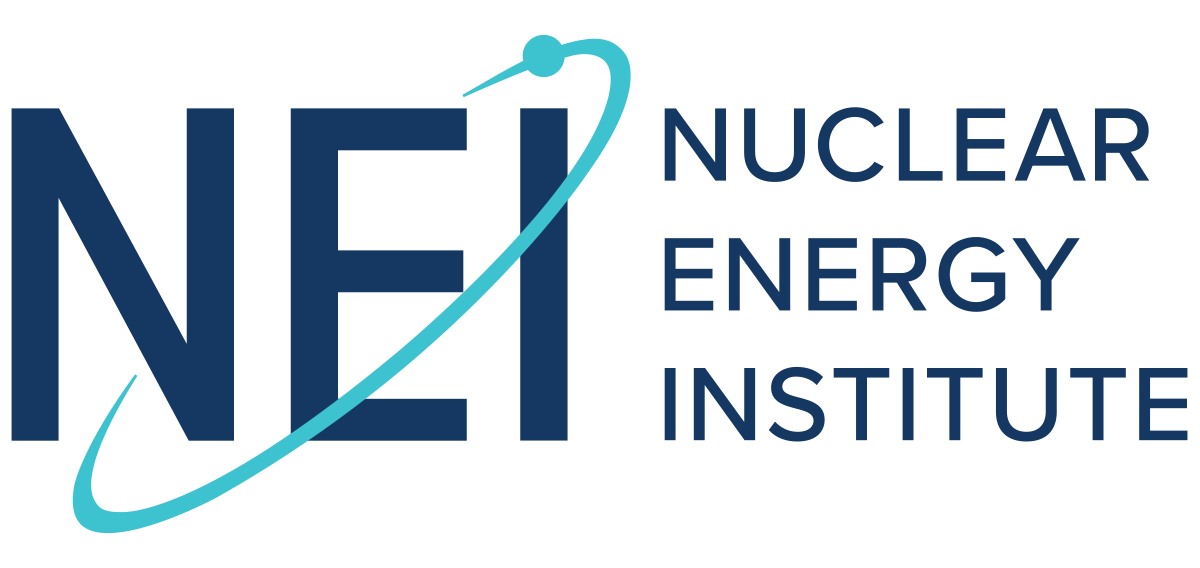
Nuclear Energy Institute
The Nuclear Energy Institute (NEI) is a leading organization dedicated to promoting nuclear energy as a key component of a clean, reliable, and safe energy mix. NEI advocates for the beneficial uses of nuclear technology, including power generation, medical applications, and scientific research. It provides a platform for industry experts, policymakers, and the public to engage in informed discussions about nuclear energy's role in meeting global energy demands and reducing carbon emissions.
NEI actively supports the development of new nuclear technologies and the maintenance of high safety standards in existing nuclear power plants. Through education, research, and collaboration, NEI aims to advance the understanding and support for nuclear energy as a vital and sustainable energy resource.
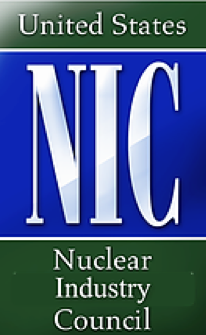
United States Nuclear Industry Council
The United States Nuclear Industry Council (USNIC) is a leading consortium representing the nuclear industry and its stakeholders in the United States. It acts as a pivotal advocate for the use and development of nuclear technology, emphasizing its importance in energy generation, medical applications, and national security. The Council plays a crucial role in shaping policy, facilitating collaboration between industry members, and promoting innovation in nuclear technologies.
USNIC also serves as a key informational resource, offering expert insights and analysis on nuclear-related matters, both domestically and internationally. Through its efforts, the Council strives to advance a safe, efficient, and sustainable nuclear industry, contributing significantly to the nation's energy independence and environmental objectives.
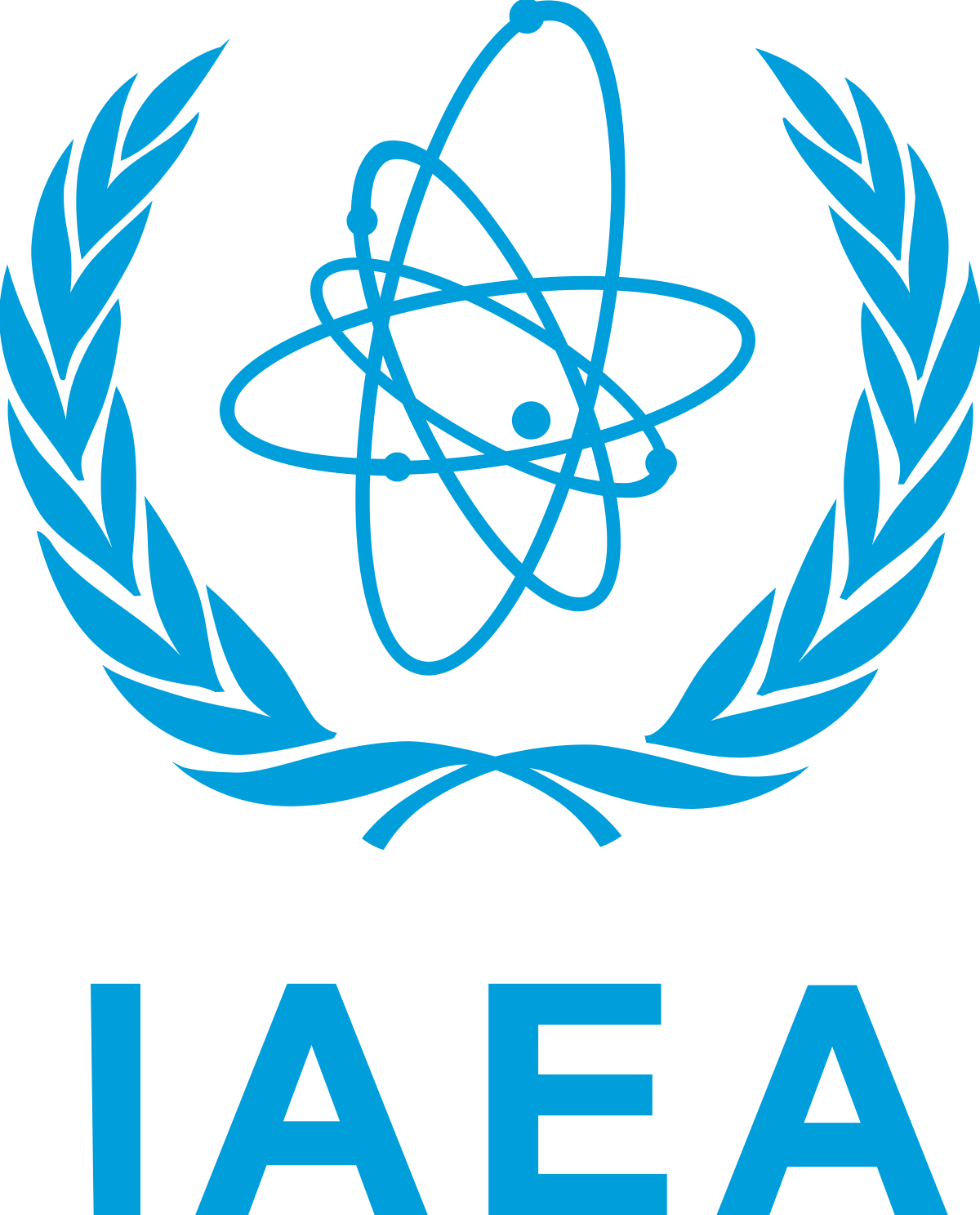
International Atomic Energy Agency
The International Atomic Energy Agency (IAEA) is an independent international organization that seeks to promote the peaceful use of nuclear energy and to inhibit its use for any military purpose, including nuclear weapons.
The IAEA serves as an intergovernmental forum for scientific and technical cooperation in the peaceful use of nuclear technology and nuclear power worldwide. Established under the United Nations in 1957, it plays a crucial role in monitoring nuclear programs to ensure they adhere to the non-proliferation treaty and assists in developing nuclear safety standards.
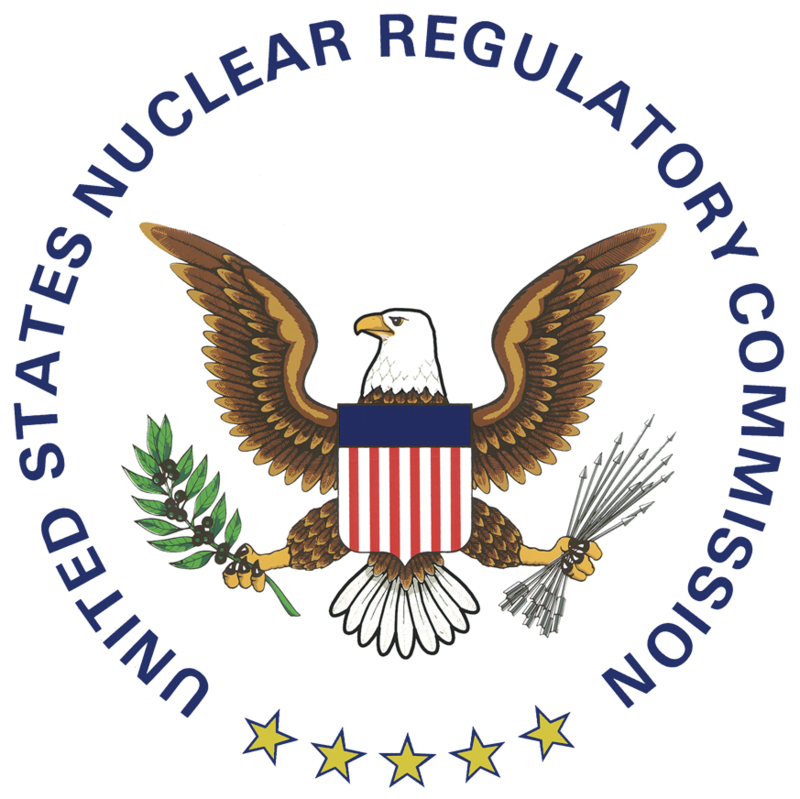
United States Nuclear Regulatory Commission
The United States Nuclear Regulatory Commission (NRC) is a federal agency responsible for regulating civilian use of nuclear materials and facilities in the United States. Established in 1974, the NRC's mission is to ensure the safe use of radioactive materials for beneficial civilian purposes while protecting people and the environment. It oversees nuclear reactor safety and security, radiation protection, and the licensing and regulation of nuclear power plants.
The NRC also regulates medical, industrial, and academic uses of nuclear materials through its licensing, inspection, and enforcement activities. Committed to transparency and public involvement, the NRC operates under the principle of maintaining high safety standards in the nuclear industry to protect public health and safety, promote the common defense and security, and protect the environment.
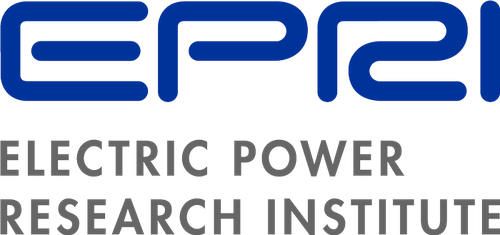
Electric Power Research Institute
The Electric Power Research Institute (EPRI) conducts research, development, and demonstration projects for the benefit of the public in the United States and internationally. Its mission is to advance safe, reliable, affordable, and environmentally responsible electricity for society through global collaboration, thought leadership, and innovative science and technology.
EPRI's work spans across various aspects of the electric power sector, including generation, delivery, and use of electricity. They are committed to providing objective, science-based solutions and actionable insights that help address the complex challenges facing the energy industry. By fostering a collaborative environment, EPRI brings together industry experts, policymakers, and academic researchers to drive innovation and shape a sustainable energy future.

Institute of Nuclear Power Operators
The Institute of Nuclear Power Operators (INPO) is an organization dedicated to promoting the highest levels of safety and reliability in the operation of nuclear power plants. Established in 1979, INPO operates independently, focusing on evaluating, benchmarking, and improving plant performance through comprehensive assessments and training programs. It plays a crucial role in establishing industry-wide standards and best practices, contributing significantly to the overall safety culture in the nuclear power industry.
INPO also facilitates the sharing of information and experience among its members, enhancing collective learning and continuous improvement. Through its rigorous oversight and support, INPO helps ensure that nuclear power plants operate with the utmost safety and efficiency.
Connect with us.
